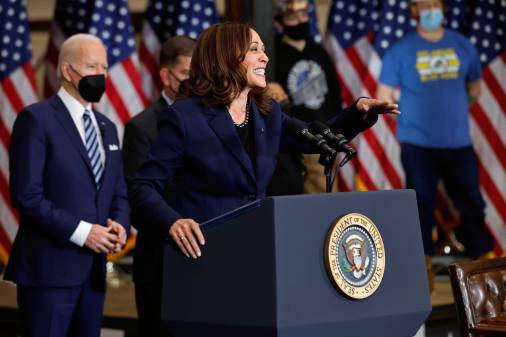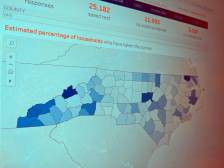Illinois forms council to get seniors and low-income residents online

Illinois Gov. Bruce Rauner on Monday signed into law a bill designed to increase broadband access for the state’s growing, but less-connected older population.
The bill establishes a 21-member Broadband Advisory Council tasked with figuring out why more seniors aren’t using the internet, creating digital literacy programs to overcome those barriers and exploring new technologies to increase broadband connectivity for residents 65 years and older.
Among the council members is the secretary of innovation and technology, a spot currently filled by state Chief Information Officer Kirk Lonbom. The council is also intended to serve as an advocacy channel for state government agencies seeking to meet the need for broadband in underserved communities.
Nationally, seniors define the digital divide more than any other group. Pew Research data from 2017 shows that while seniors are becoming more connected — 42 percent reported owning a smartphone — one-third report they never use the internet and nearly half report not having broadband service at home.
Christopher Mitchell, who leads the Community Broadband Networks Initiative at the Institute for Local Self-Reliance, says many grandparents first get online to interact with their grandchildren, but there are sure to be many other ways seniors are drawn online.
“As cable continues to dwindle, they may have to get online to access some of the programming that they want to see,” Mitchell said. “Certainly we know that more government programs are being administered online, so to the extent they have to interact with social security or other government programs, being online would be very helpful.”
Internet access is crucial, Illinois state officials say, for a wide range of services that are increasingly available online such as remote health services, connected medical devices, and smart home systems that can make it easier to manage chronic health issues.
AARP, which lobbied for the bill’s passage, released a statement praising Rauner’s signature as a crucial step toward bridging the disparity between generations online.
“Broadband has become a necessity for Illinoisans of all ages, delivering new technologies to improve our quality and life, help older people live independently in their homes, and support services like distance learning, telehealth, and at-home medical monitoring,” AARP’s Ryan Gruenenfelder said.
The law also tasks the advisory board to explore the difference in broadband connectivity between low-income residents and other populations. Among seniors, Pew data shows income is a key issue. While 87 percent of seniors living in households earning $75,000 or more annually have broadband, that figure is just 27 percent for those in households earning less than $30,000.
As generations reared on digital technology grow older, the number of seniors online is expected to continue to climb, but the issue will also become more relevant in the medium-term as the age of the average American rises. Census data published in March projects that by 2030, 20 percent of Americans will be at retirement age, and that by 2035, there will be more seniors — 78 million in total — than there are people under the age of 18.
Illinois’ Broadband Advisory Council is required to meet within 30 days of all members being appointed and once every quarter.






